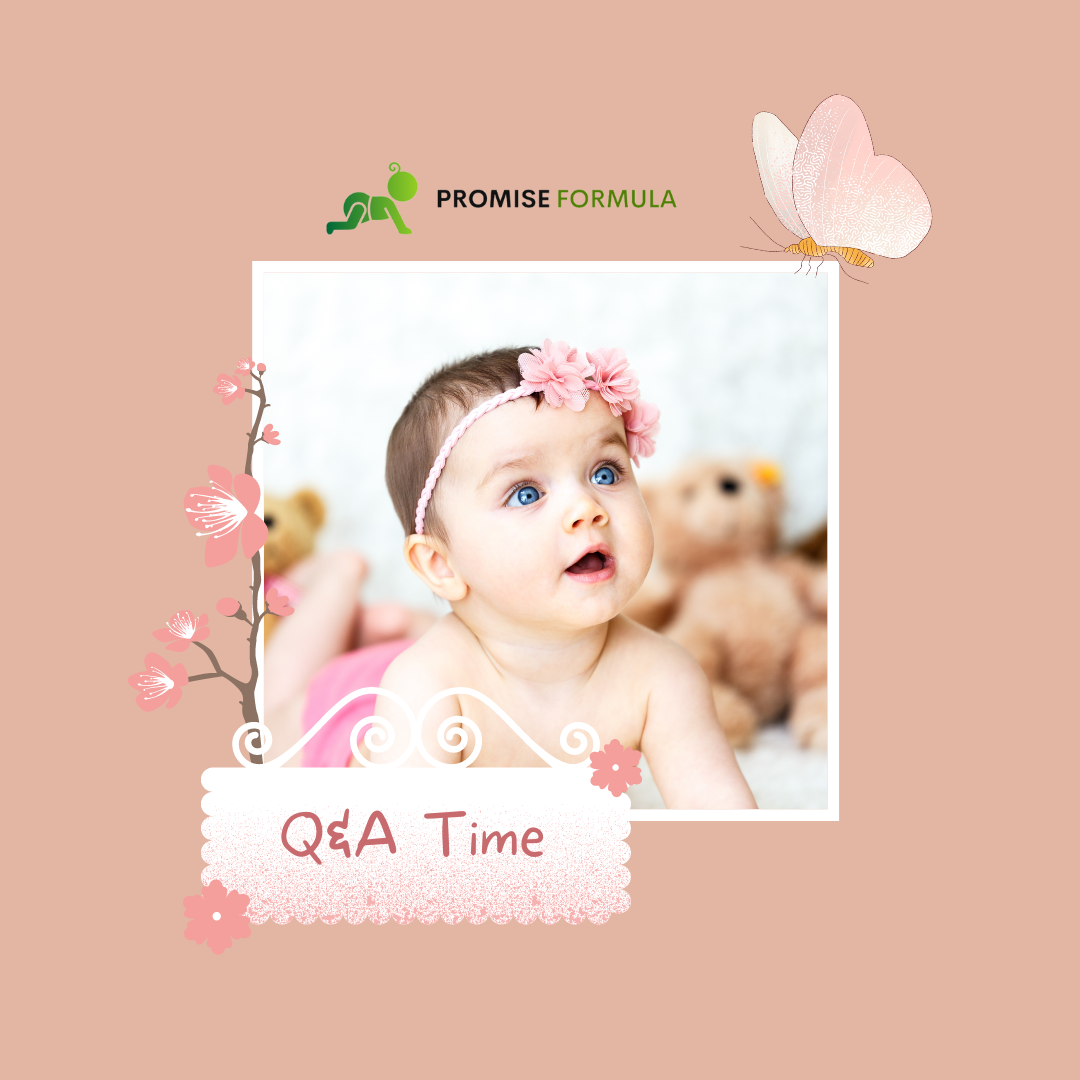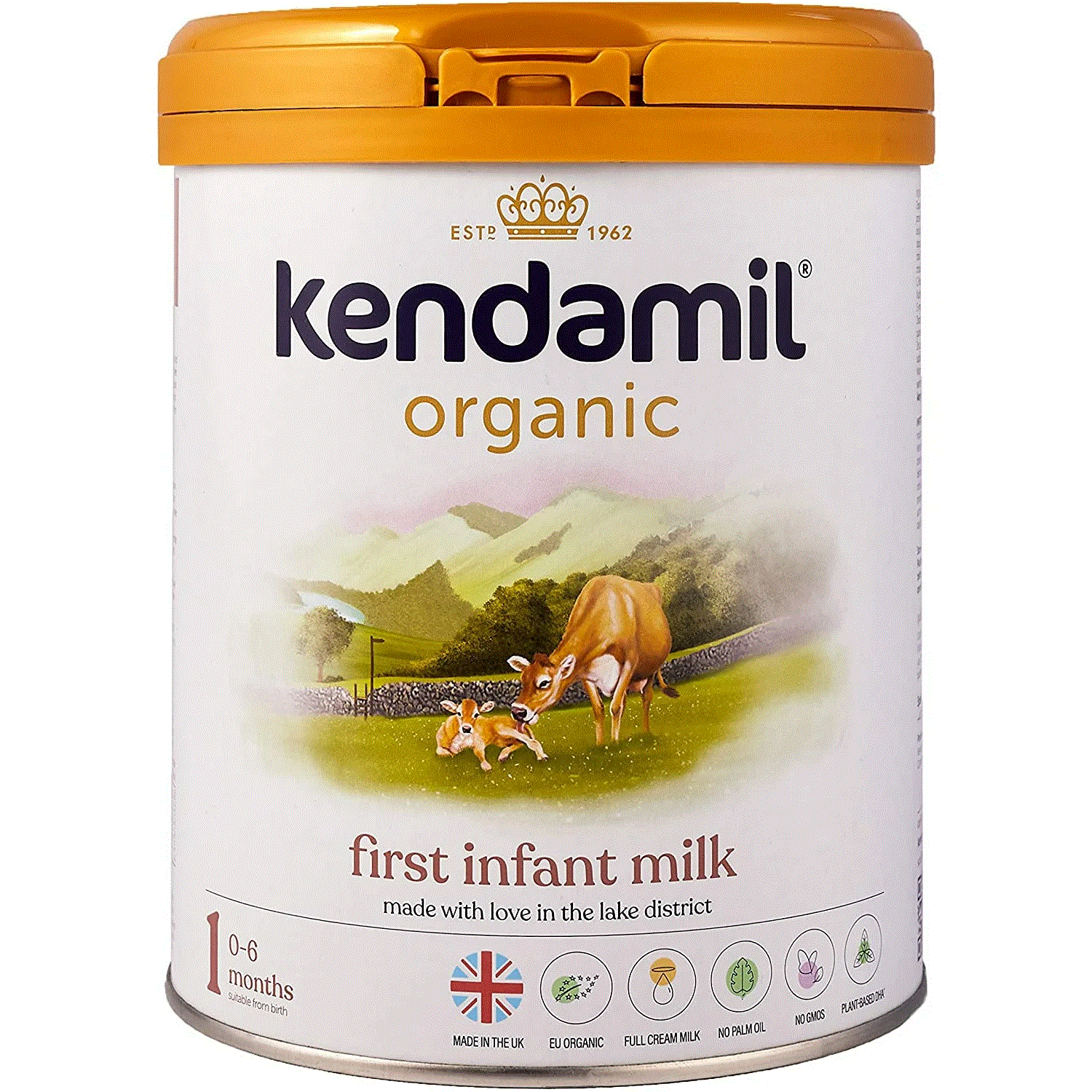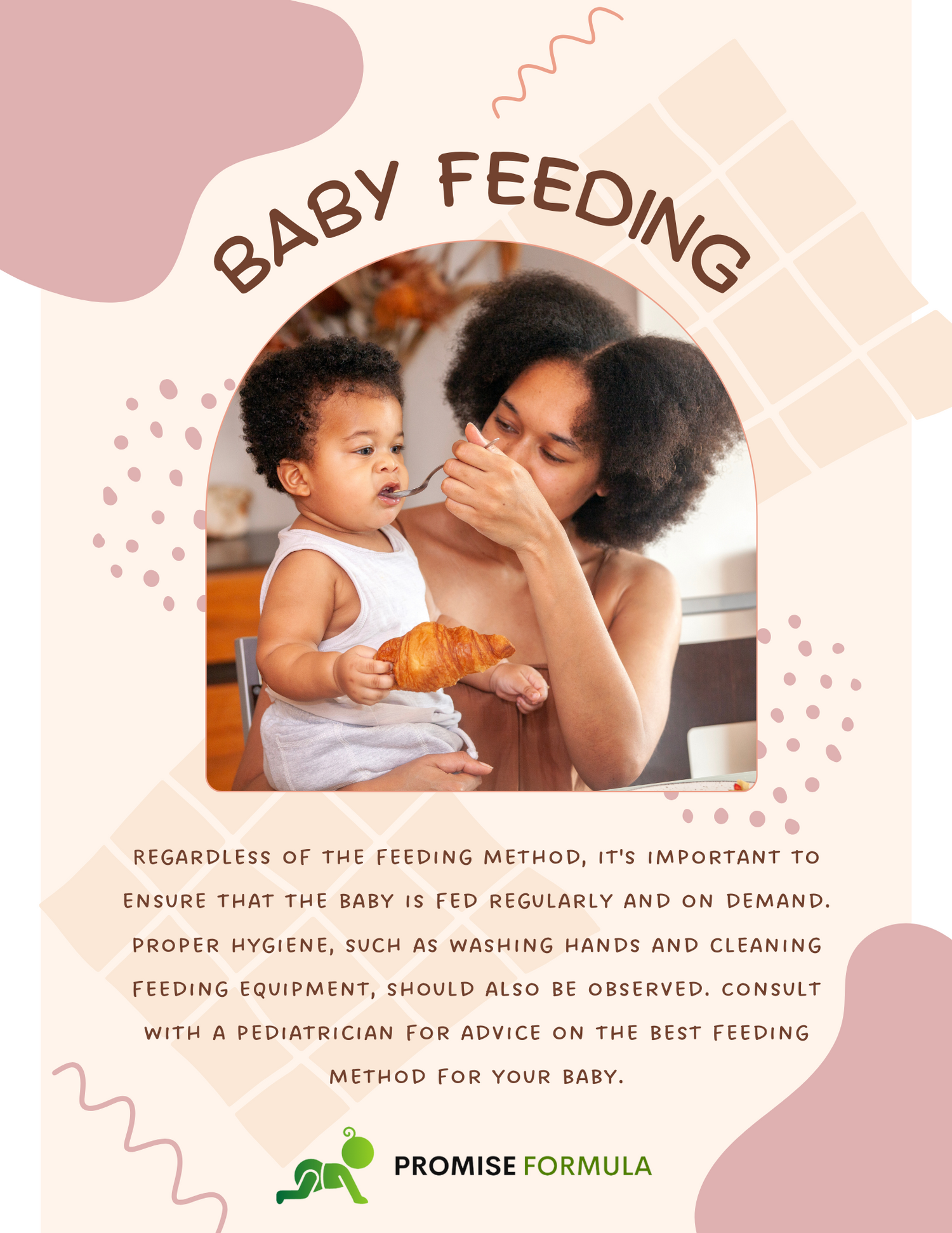Dear Parents,
As parents, we all share a common goal: providing the best possible start in life for our little ones. One question that often crosses our minds is, "Should I feed my baby organic baby food?" It's a valid question, and today, we're here to shed light on the characteristics and benefits of organic baby food, allowing you to make an informed decision.
Reducing the Risk of Toxins
Toxins come in various forms, some of which are beyond our control. However, when it comes to your baby's health, you can take a proactive step by choosing organic foods. Organic baby food significantly reduces your baby's exposure to harmful chemicals. In non-organic fruits and vegetables, you may find pesticides, herbicides, fungicides, chemical preservatives, sweeteners, thickeners, and stabilizers. Some of these chemicals have been linked to severe health issues, including ADHD, diabetes, autism, cancer, and birth defects. By opting for organic, you can lower these risks.
Addressing Childhood Illnesses & Allergies
Childhood conditions and allergies seem to be on the rise, but they don't have to be inevitable. Factors like diet play a significant role. The proliferation of fast and processed foods has coincided with an increase in childhood diseases such as diabetes, obesity, allergies, autism, and ADHD. However, many of these issues can be traced back to the chemicals and additives used in food processing. Organic, unprocessed baby food is a crucial step in preventing these problems.
Taking Control of Your Baby's Diet
By choosing organic, you have complete control over what your baby consumes. Non-organic foods may unknowingly expose your child to harmful substances. Opting for organic ensures that everything your baby eats is beneficial to their health and doesn't inadvertently harm them.
Starting Healthy Habits Early
Instilling healthy eating habits from infancy provides your child with a strong foundation for a lifetime of wellness. Organic baby food offers an advantage by setting your baby on the right path from the beginning. Unlike trying to change eating habits later in life, starting with wholesome foods now is much easier and more effective.
Freshness Guaranteed
Have you ever wondered how fresh non-organic baby food truly is, especially when it can last for over a year on the shelf? Organic baby food ensures the freshness of every meal. You can prepare the best food when fruits and vegetables are at their peak, ensuring maximum vitamin and nutrient content.
Long-Term Savings
While organic baby food may seem expensive at first glance, consider the potential costs of poor health. Doctor's visits, medications, and treatments for health issues resulting from a poor diet can add up over time. Organic baby food may prevent these costs by fostering good health.
Supporting the Environment
Organic farming practices are environmentally friendly. They enrich the soil naturally and reduce the need for harmful chemicals. Choosing organic baby food supports sustainable agriculture and minimizes the environmental impact.
Supporting Local Businesses
Many organic baby food producers are small to medium-sized businesses, committed to providing high-quality, healthy options for your little one. Supporting these businesses helps stimulate your local economy.
In conclusion, the decision to feed your baby organic baby food is a personal one, influenced by various factors. Some may believe it's challenging to maintain an organic diet or that it's expensive, but this is not necessarily the case. Making the switch to organic can lead to a healthier and happier start in life for your baby.





